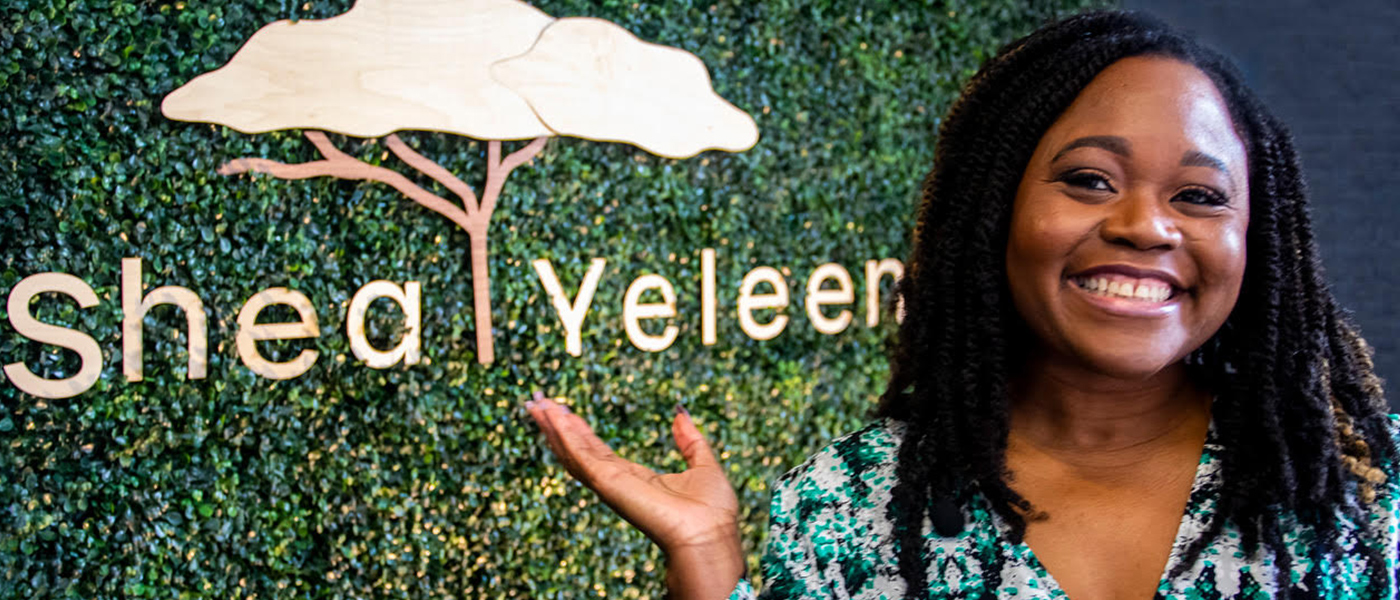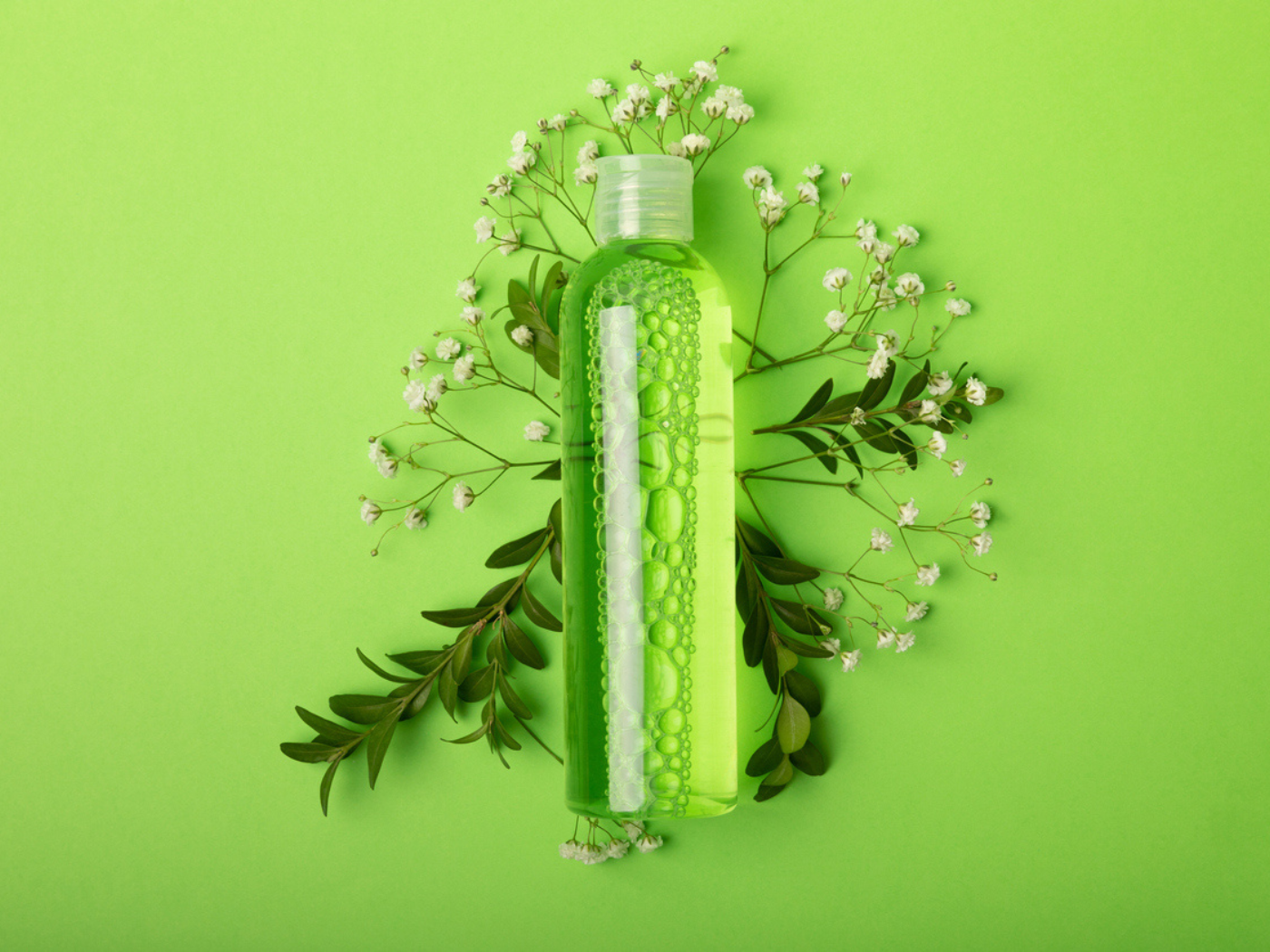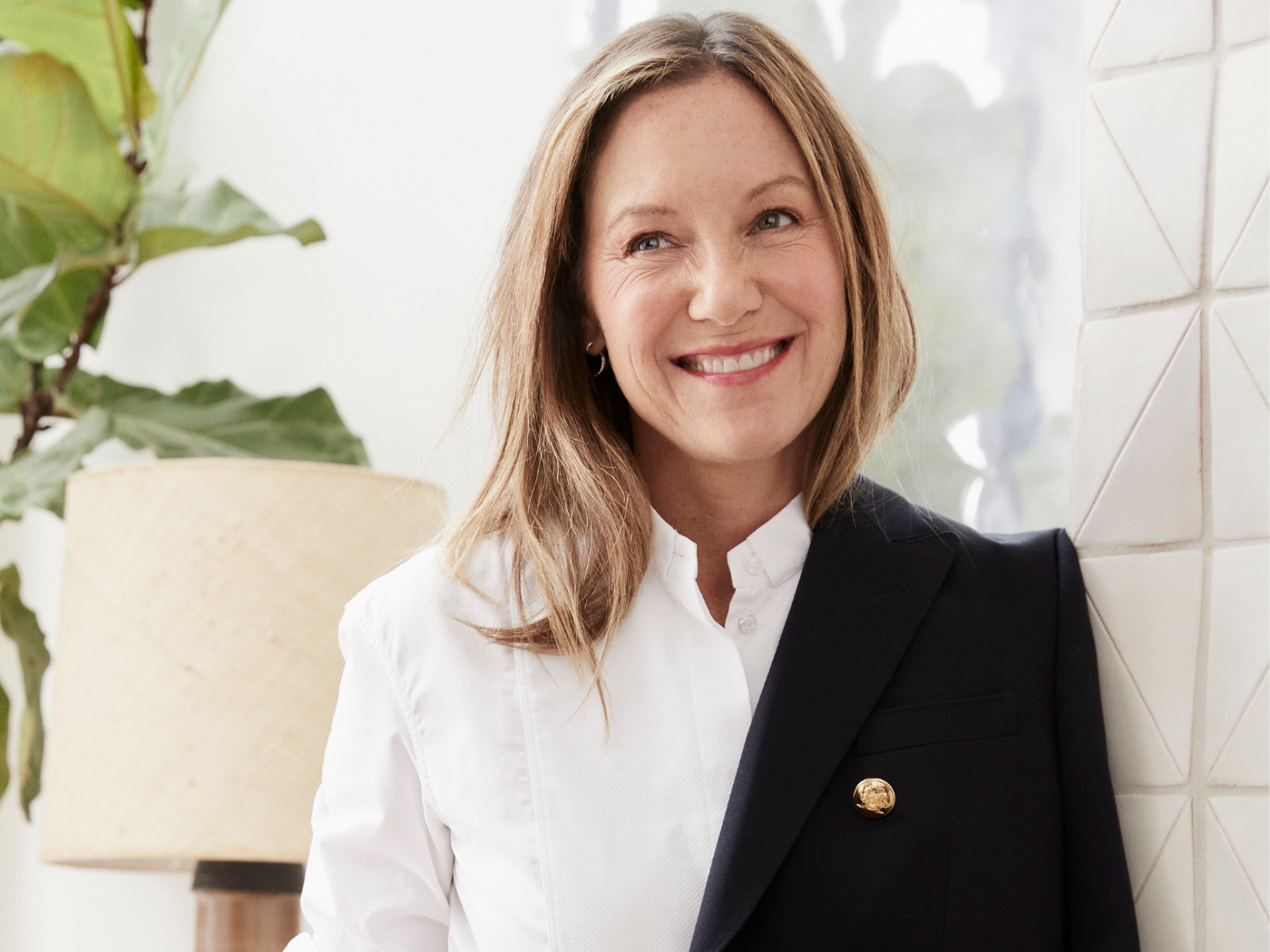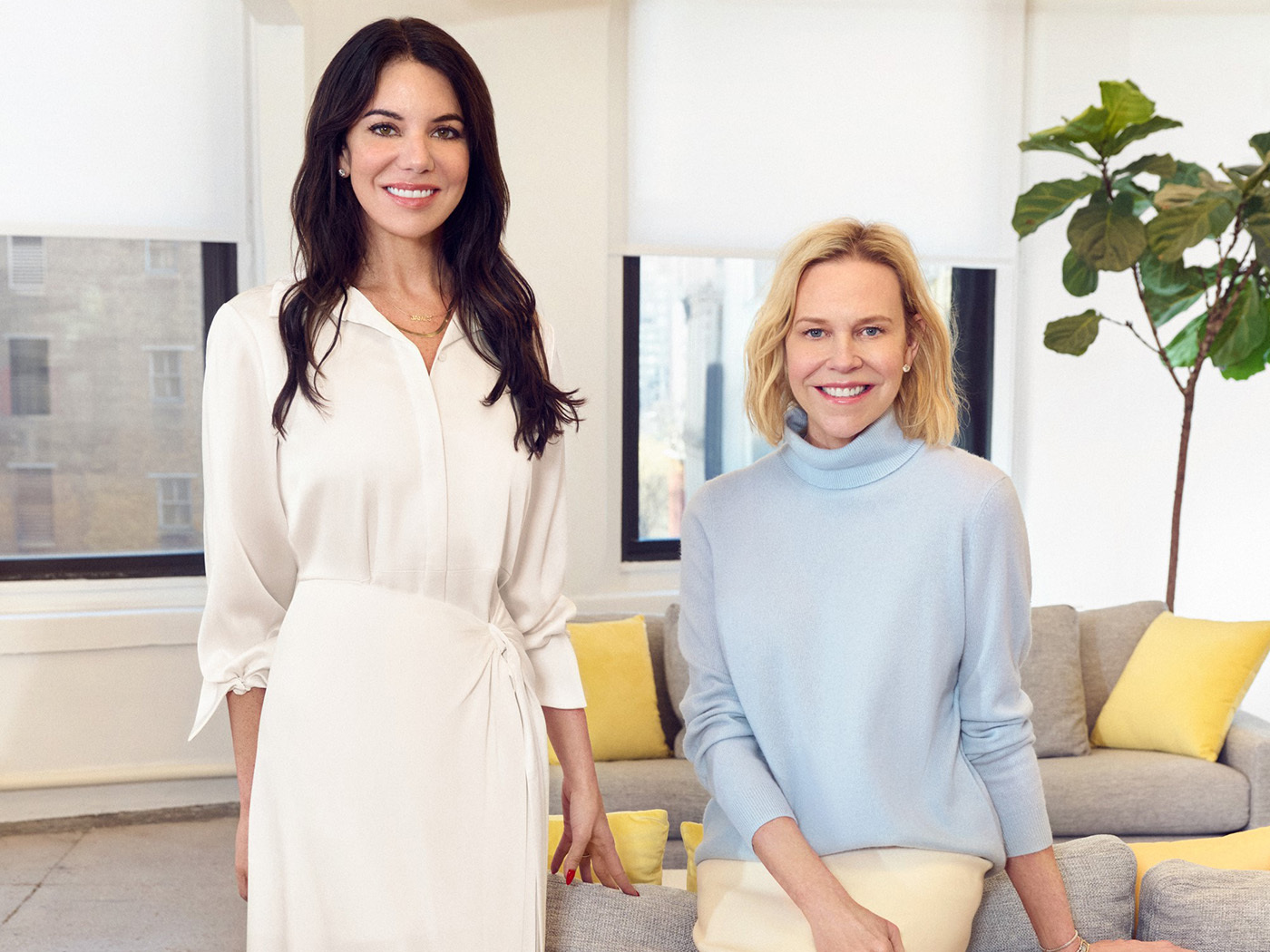After the most tumultuous year of her entrepreneurial journey, Rahama Wright, CEO and Founder of Shea Yeleen, is seeing some light. Her line of shea butter products successfully launched on Macys.com earlier this year and has already sold out of six sku’s. And last week, Rahama was one of eight female, Black-owned businesses to receive the Anastasia Beverly Hills Black-Owned Business Grant. Having grown up personally aware of inequalities in the world, Rahama’s business does more than generate sales: it creates living-wage jobs for women-owned shea butter cooperatives in Ghana. As a social-impact company focused on financial empowerment and ethical sourcing, Rahama gives opportunities to women who produce the ingredients because they receive a fair price. Here, CEW Beauty News caught up with Rahama about her year in business, her biggest pivots for the brand, what inspires her and more.
Beauty News: How has the past year been for your brand?
Rahama Wright: COVID-19 has been devastating to my business. Prior to COVID-19, I generated most of my business through wholesale retail accounts. A major account was the spa at MGM Resorts, which used our products in their body care treatments. They closed in response to COVID-19 impacting our revenue. In addition, travel bans and mandatory shelter-in-place orders closed our airport kiosk at Washington National airport and our D.C. retail location. Our supply chain was also impacted since we source from women-owned shea butter cooperatives in Ghana. We couldn’t operate our processing facilities and closed borders prevented easy movement of goods. I had to let go of staff members and applied to grant and loan programs in order to keep the business operational. For the first time in my 15-year entrepreneurial journey I faced the very real possibility of having to close my doors.
BN: What were some of the biggest pivots you’ve had to make?
RW: Since I was very limited in my ability to generate revenue, I decided to work on a rebrand refresh for Shea Yeleen. With the help of an advisor and designer, we did a deep dive into the current shea butter brand landscape and identified ways to improve our messaging
and packaging. This led to new packaging including glass jars, new brand positioning that better aligned our ethical sourcing with the quality of our products, and a cleaner, vibrant aesthetic. Another pivot was moving to a Shopify ecommerce platform as we prioritized website sales.
BN: What works best on social for the brand?
RW: There are two things that work well for us on social media. One is our ethical sourcing model, which has direct and regenerative financial impact on the lives of women shea butter producers. Our customers are connected to the woman behind the shea butter they use and we’ve had the opportunity to tell that story via imagery and videos. The second thing is showing how our shea butter is made. We did a campaign that went through every step of the process, which produced some of our highest engagement.
BN: How would you describe the evolution of the brand and appealing to younger generations?
RW: Gen Z are conscious shoppers, and from day one Shea Yeleen has been a brand built on the foundation of community impact. For that reason, we have always been a brand for a younger and socially active generation. As we evolve to amplify our brand, part of communicating that value to our shoppers will be through social media platforms, like TikTok. We have plans to roll out a much more engaging and robust social media plan to increase visibility and awareness of the quality of our products and our mission.
BN: What’s in store for 2021?
RW: We successfully launched with Macy’s in February as part of the CEW Indie 26 program, which has been phenomenal. Working with Macy’s has been truly an incredible experience and I’m very excited to continue to develop our partnership. Additionally, we received the Anastasia Beverly Hills Grant, which comes with mentorship. I started Shea Yeleen after my Peace Corps service with very little business and beauty experience. I am looking forward to learning from a global beauty brand.
BN: From where do you get inspiration?
RW: An entrepreneur at her core has to have faith because she is creating something that has not existed or something she sees that needs improving. You have to be comfortable with taking risks, facing failure, and moving forward even when things are not going your way. These qualities are the exact reasons my mom, an immigrant from Ghana with just a sixth-grade education, moved across the Atlantic Ocean to find a better future for herself and her children. She faced discrimination, language barriers, and a foreign culture that undervalued her humanity. She worked as a home health aide, sold Mary Kay, and was a groundskeeper for a landscape company. Her ability to persevere against all odds resulting in the college education of four kids, is the example I needed to pursue my dreams. Her sacrifices paved the way for me and in turn I am using my privilege and resources to provide women in rural West African villages with the income they need to improve livelihoods. I see my life and entrepreneurial journey as breaking generational poverty and that is my higher calling.
BN: What is your personal work mantra?
RW: Small steps every day.
BN: Who has been your biggest mentor?
RW: I’ve had so many people who have helped me along the way it is hard to choose just one person! I had a successful three-month mentor experience from the CEW mentor community. I worked with Linda Foltis, who helped me with developing the right claims for my products and pointed me to formulation resources. This was helpful as I was rebranding and figuring out the best way to communicate the benefits of the Shea Yeleen products.
I’ve also had another fantastic mentor, Mike Wege, former C-suite executive at Hershey’s. Over the last three years Mike has consistently provided strategic operational guidance and even assisted with funding opportunities to help me with scaling.




